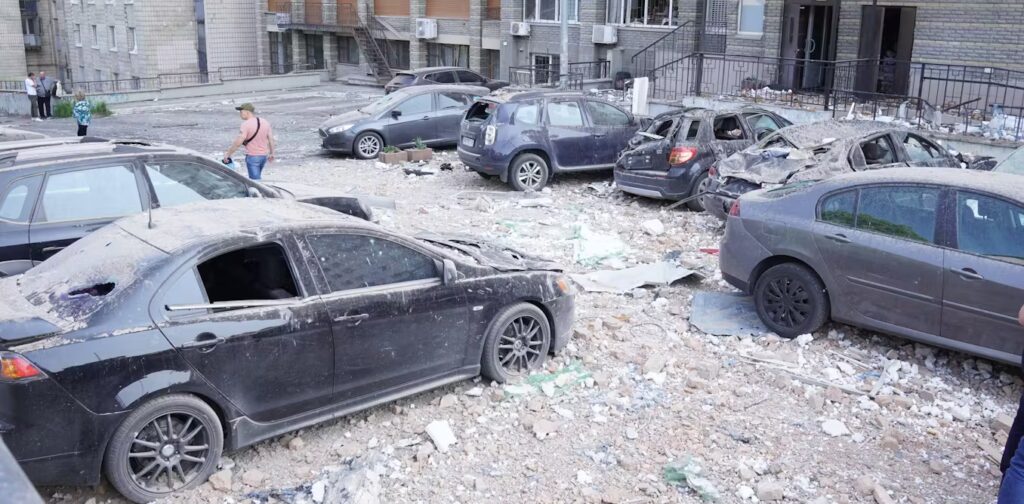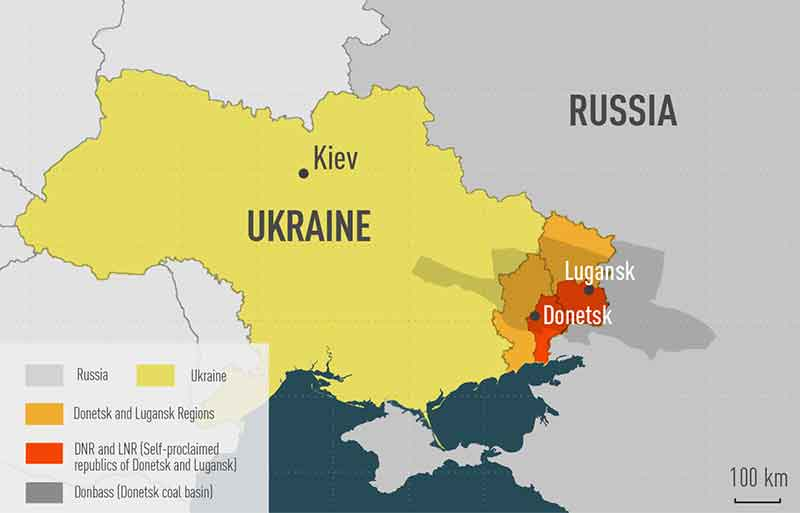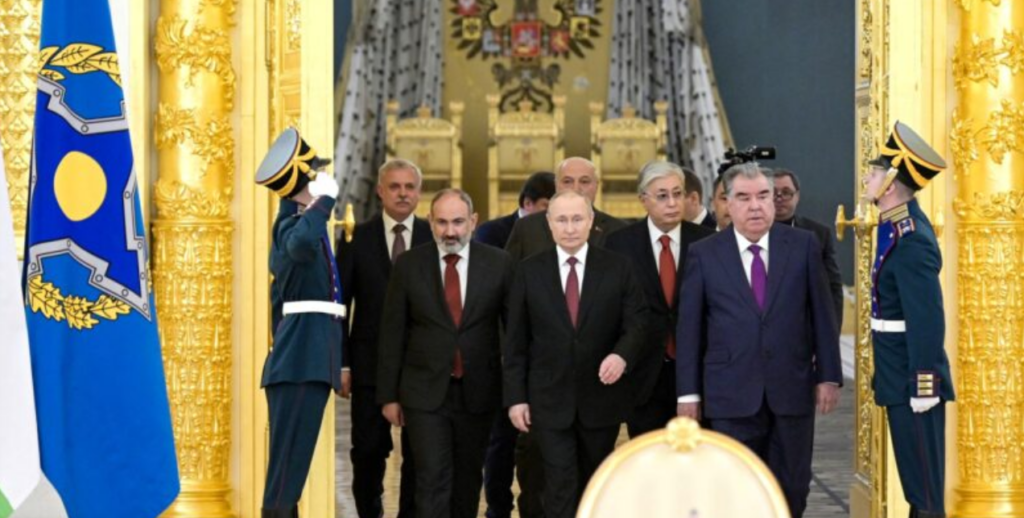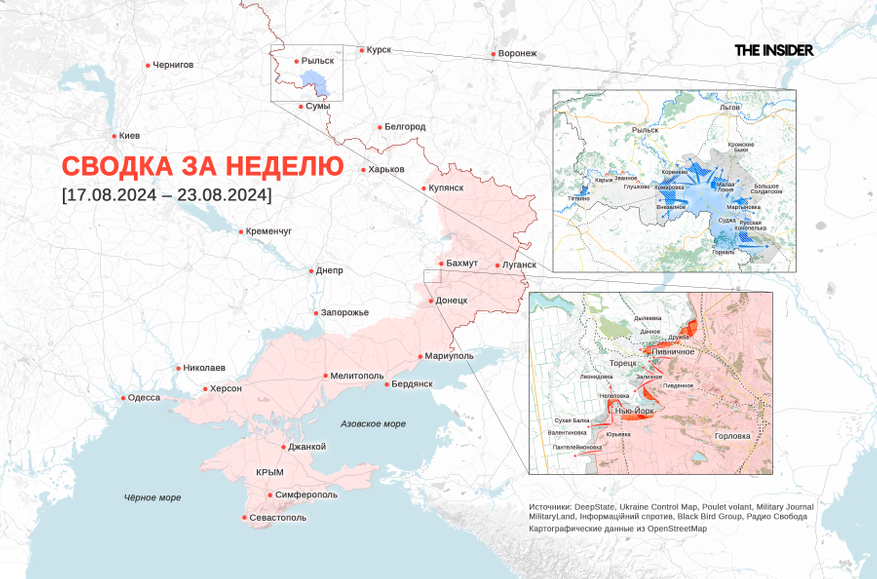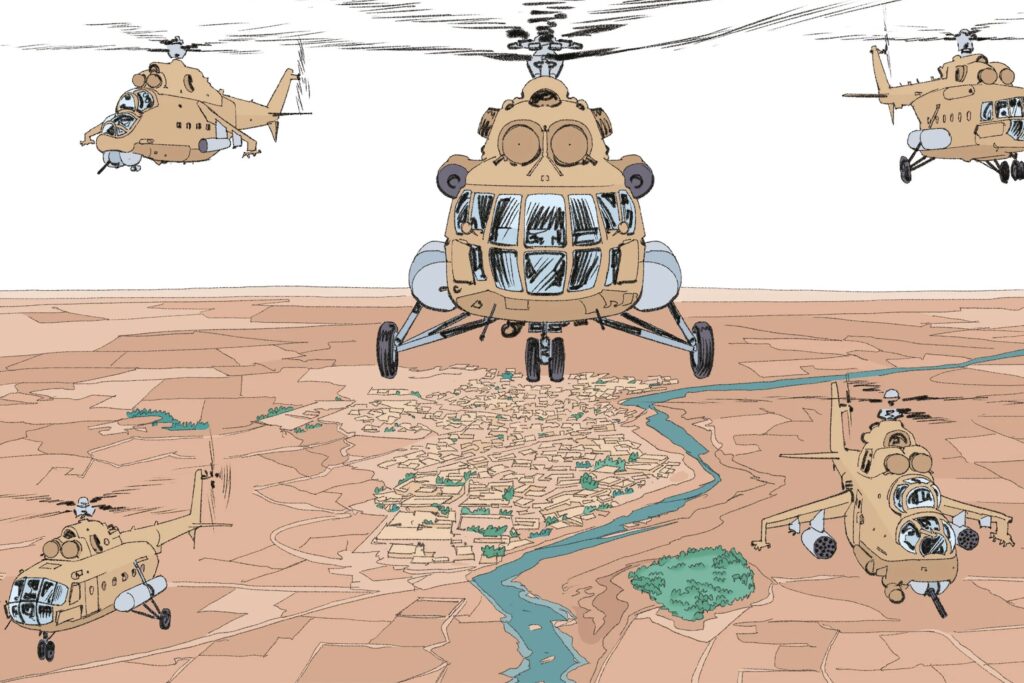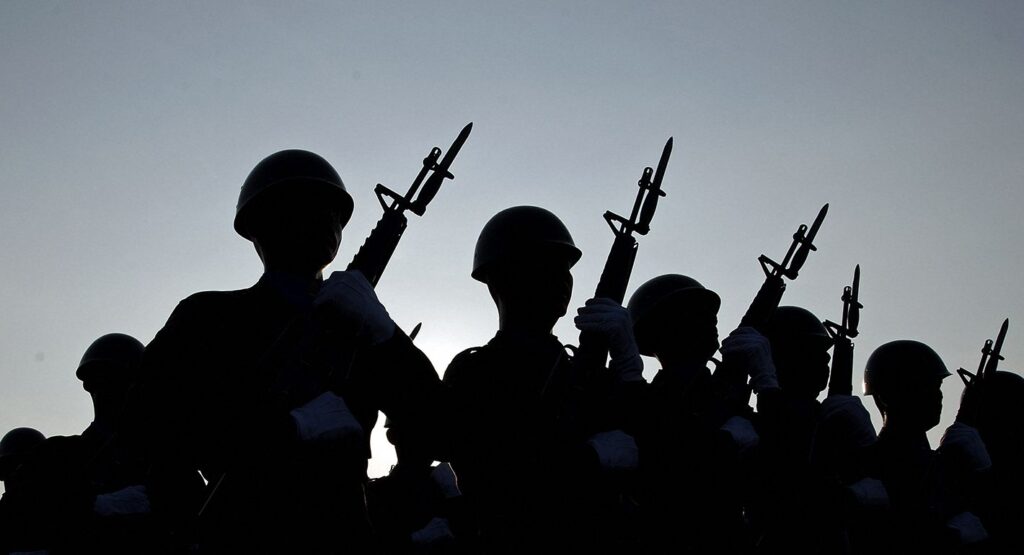First Syrian Death in Ukraine War
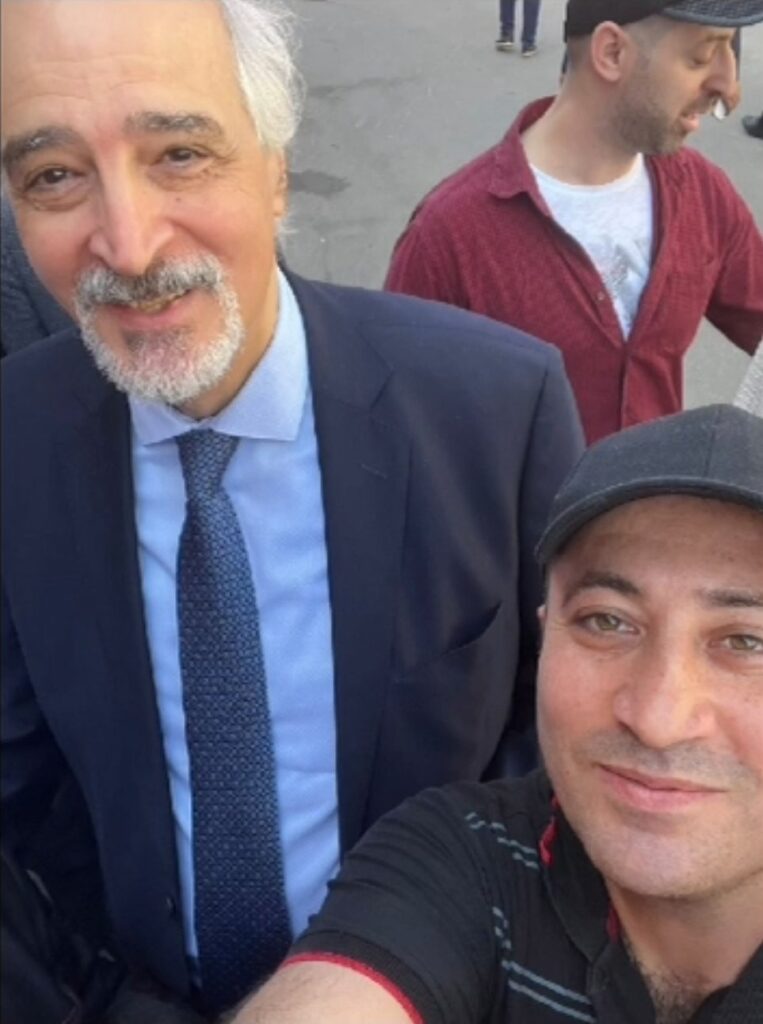
A source told Syria TV that Batal was initially injured and transferred to a hospital, where he remained for four weeks under tight security by the Russian military police.
A Syrian fighter was killed while fighting alongside Russian forces in Ukraine after being recruited by Russia with promises of large financial salaries and the offer of citizenship.

